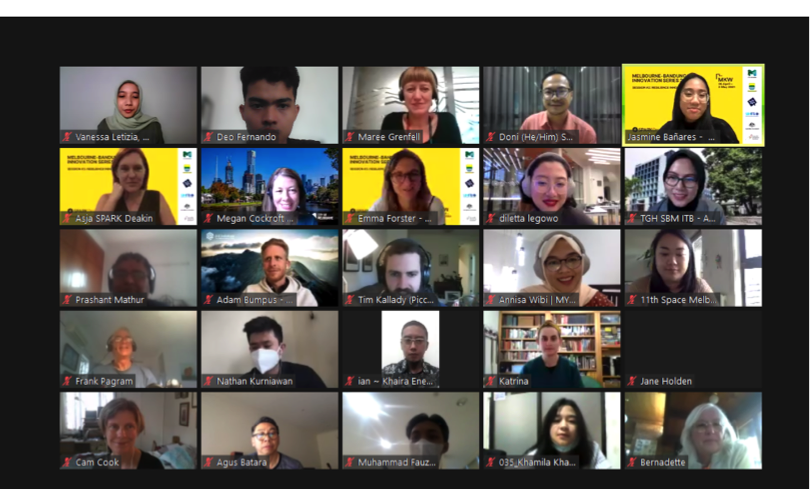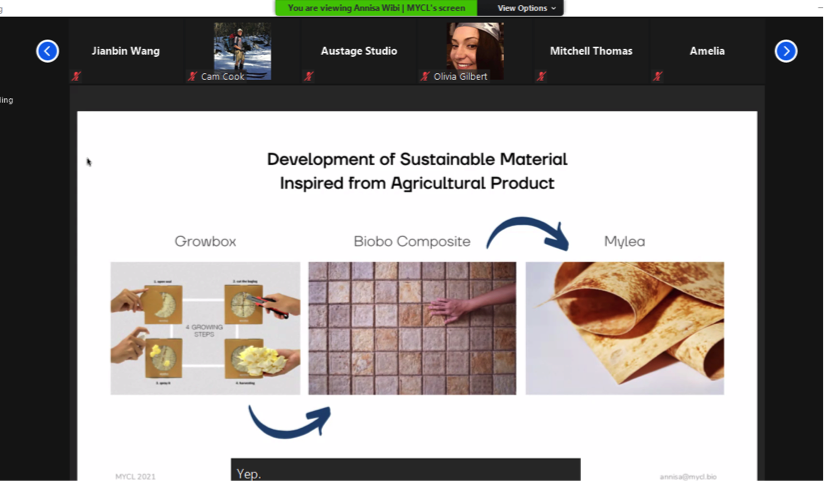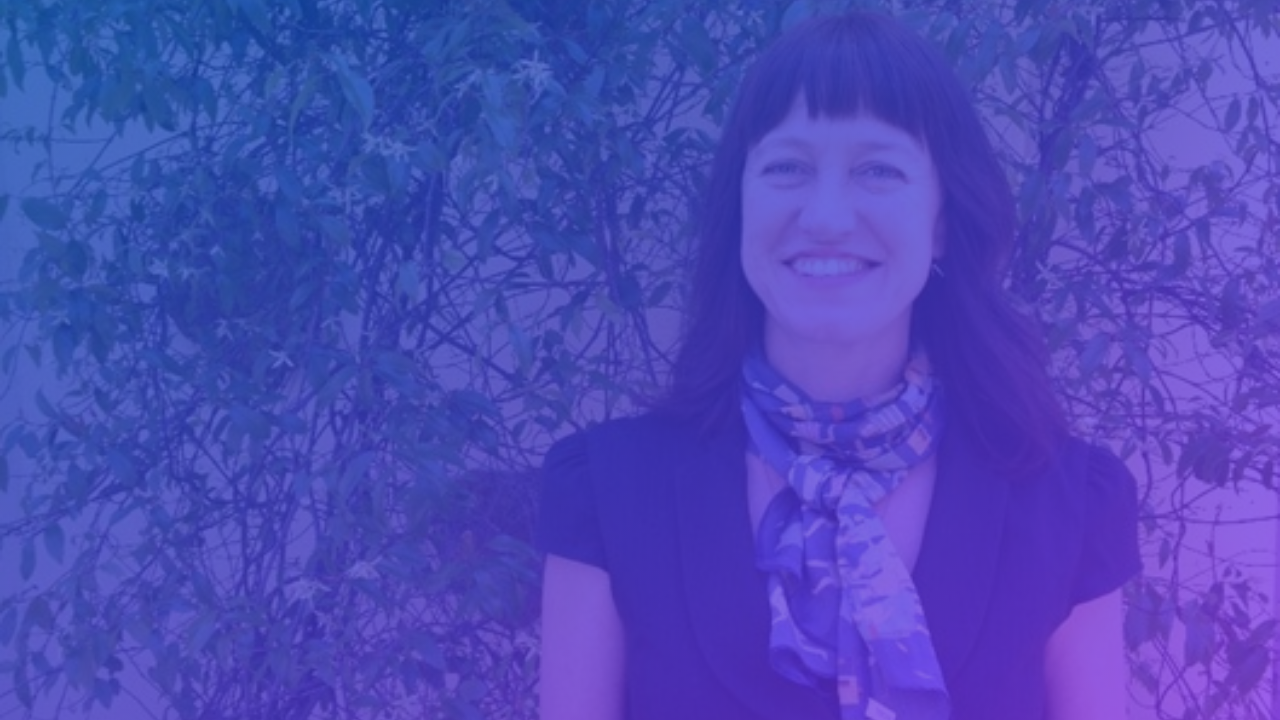Nowadays we are facing a time of unprecedented disruption. Innovation and collaboration are needed in order to adapt to all challenges and to look for opportunities.
Melbourne and Bandung are both fortunate to be home to leading universities and established ecosystems of innovators and entrepreneurs who have the strength and ability to innovate. In seeking opportunities, The Greater Hub of SBM ITB in collaboration with SPARK Deakin, City of Bandung, and City of Melbourne shared interesting innovation stories from entrepreneurs in both cities through a webinar series entitled “ Resilience innovation.”
The first speaker, Maree Grenfell, discussed urban resilience. “When we speak about urban resilience, what we are talking about is the capacity of individuals, communities, businesses, and institutes,” said Maree on Wednesday (28/4/2021). Maree worked as a co-manager of city resilience and sustainable futures for the city of Melbourne.
Maree revealed that there are lots of challenges that weaken the city’s resilience on daily basis such as rising sea level, increasing pressure on healthcare services, unemployment, and social inequality. In addition, the city is getting more complex than usual due to urbanization and the increasing number of people. As a result, resilience innovation becomes imperative.
In Indonesia, there is an NGO called Greeneration Foundation (GF) that actively promoting sustainable consumption and production toward resilience. Vanessa Letizia, The Executive Director of Greeneration Foundation said that Bandung city has some resilient innovation such as sustainable drainage system, retention lake/pond, river normalization, Citarum watershed action plan, and kangpisman campaign. These programs have been implemented in Bandung and are expected to bring resilience to Bandung city.
Furthermore, the webinar was also attended by several startups from Bandung and Melbourne city to share their innovation toward resilience innovation. First of all, Adam Bumpus, who co-founded RedGrid, one of Australia’s leading energy software companies, talked about his innovation mainly in the energy sector. Adam and his team developed a new digital infrastructure that enables devices within the household to autonomously participate in grid stability.
The next innovation story came from Annisa Wibi, who co-founded MYCL, a company that developed a type of low-impact leather called Mylea, an alternative material to substitute animal leather and synthetic leather for various applications. Annisa has also developed Biobo, bio-materials for buildings, using the Mylea waste to create structures and interiors that appear modern whilst being functional and strong in compression.
In the field of artificial intelligence, there is highly interesting innovation made by Tim. Tim is the founder of Piccard.ai, an AI software company specializing in the designing, prototyping, and scaling of AI applications in a range of industries. In 2019, Piccard.ai deployed a new AI flood warning system, using historic rainfall data to build and teach an AI to predict flash floods and automatically warn those likely to be affected so they can take proactive action
The last speaker was Ian, founder of Khaira Energy which is the first and only smart battery system in Indonesia. Khaira Energy offers a cutting-edge smart battery & solar PV solution at a more affordable price, helping people to easily switch to clean energy, lower their electricity bill and be more energy independent.






